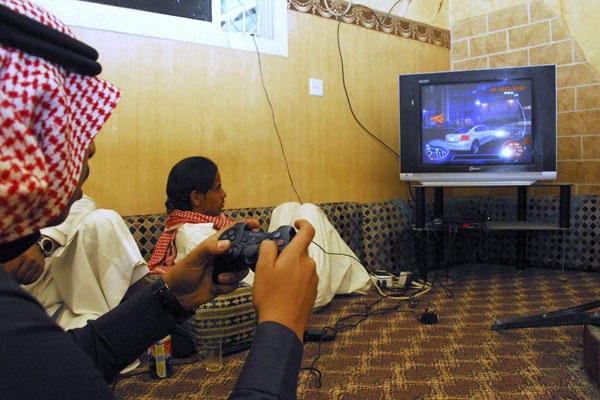The games market in the Middle East is flourishing. Why?

Here’s a fascinating read this morning in Gamasutra: business advice for Western publishers looking to break into the booming Middle Eastern gaming market. In particular, games that emphasize social meeting space have been doing extremely well in the region, with its extremely young population and
Peak Games…has found particular success with multiplayer synchronous titles that have a heavy emphasis on social aspects and communication between players. The company has adapted card games, tabletop games, and board games (e.g. backgammon — culturally relevant games) as digital titles with that in mind.
Onur comments, “I think the reason these multiplayer games have been doing so well in these regions is that most of the time, people in emerging markets, especially in [Turkey], they don’t have the liberties that a lot of people in the West have.
“It’s much easier for people in the West, in North America, to just go out, meet people, and have conversations, whereas access to communication, people, or communities is much more restricted in a lot of the emerging markets because of the demographics and socioeconomic situations. I think a lot of the time, people use these games not only as just games as pastime but also as platforms to be able to connect with others.”
The piece focuses on how to sell out-of-region games in the Middle East; it’s important to remember that there is a nascent development scene there. Earlier this year, we wrote about Kabba, the Cooking Mama-style game, proceeds from which are donated to benefit Syrian refugees, as well as a series of gaming workshops for Palestinian women. Let’s not forget that new markets in gaming are not just sites of consumption, but potential contribution, as well.



